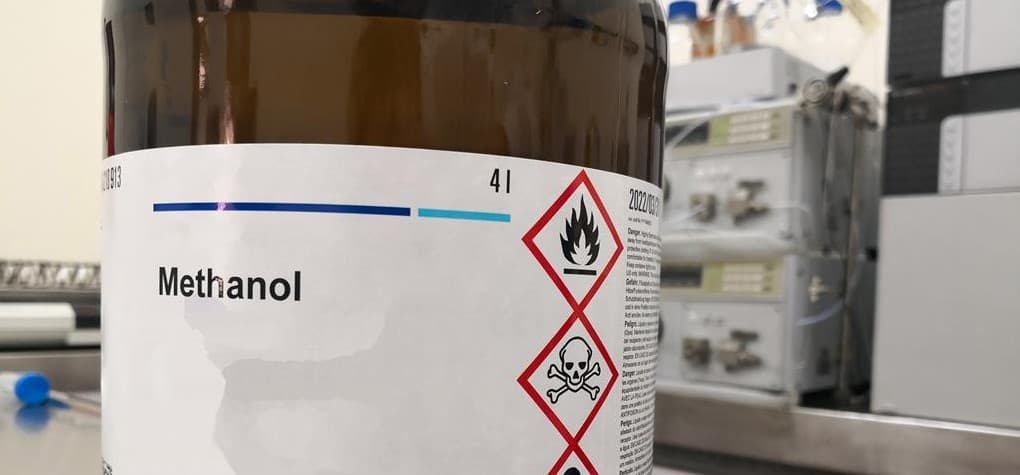We're loading the full news article for you. This includes the article content, images, author information, and related articles.
The Kenya Bureau of Standards (KEBS) has moved to allay fears of methanol poisoning from alcoholic drinks in Kenya, following a UK travel advisory that listed the country among those where tourists face such risks

Kenyans can be assured that methanol in the country cannot be mistaken for alcohol, the Kenya Bureau of Standards (KEBS) stated on Wednesday, October 22, 2025. This assurance comes after the UK Foreign Office added Kenya to a list of countries warning of methanol poisoning risks from counterfeit drinks.
KEBS acknowledged media reports linking Kenya to countries where tourists face methanol poisoning risks but maintained that locally available methanol is properly regulated. The agency emphasised that its extreme bitterness prevents accidental consumption.
All methanol manufactured or imported into Kenya must adhere to stringent standards developed by the Industrial Solvents and Chemical Technical Committee. These standards, approved for industrial use, include KS 2471:2013 for industrial methanol, KS 2487-1:2014 for industrial product safety, KS 2583:2014 for denatonium benzoate testing, and KS 2586:2014 for the transport of dangerous goods.
A key safety measure, according to KEBS, is the requirement that all industrial methanol, excluding laboratory-grade products, must be denatured with denatonium benzoate. This chemical compound is recognised as the world’s bitterest, making even small amounts of methanol unpalatable and preventing oral intake by consumers.
Section 4.1.6 of KS 2586:2014 specifically mandates that all grades of methanol, except those for laboratory use, be denatured with denatonium benzoate to prevent ingestion by vulnerable consumers.
The UK advisory listed Kenya alongside Ecuador, Japan, Mexico, Nigeria, Peru, Russia, and Uganda, cautioning travellers about the dangers of methanol poisoning from counterfeit or tainted alcoholic beverages.
KEBS stated that these safety standards are applied in both product certification and in verifying compliance before methanol is approved for industrial use. This ensures that methanol cannot be confused with alcohol due to its intensely bitter taste.
Cases of illicit alcohol poisoning, often linked to methanol contamination, have tragically claimed lives in Kenya over the years. These incidents typically involve unregulated brews sold in informal settings, highlighting a persistent challenge in controlling the production and distribution of alcoholic beverages. The government has, at various times, launched crackdowns on illicit alcohol, but the problem continues to resurface, underscoring the complexities of enforcement and public health.
While KEBS has provided assurances regarding industrial methanol, the UK advisory raises questions about the potential for counterfeit alcoholic drinks to enter the market, bypassing official regulatory channels. The extent to which such illicit products pose a threat to both tourists and local consumers remains a point of concern. The advisory does not specify particular incidents in Kenya that prompted its inclusion on the list, leaving some ambiguity regarding the immediate trigger for the warning.
Stakeholders will be watching for further details from the UK Foreign Office regarding the basis of their advisory concerning Kenya. Domestically, there may be increased scrutiny on the enforcement of existing regulations for alcoholic beverages and potential enhanced surveillance for illicit brews. Consumers are advised to purchase alcoholic drinks from reputable outlets to minimise risks.
Keep the conversation in one place—threads here stay linked to the story and in the forums.
Sign in to start a discussion
Start a conversation about this story and keep it linked here.
Other hot threads
E-sports and Gaming Community in Kenya
Active 9 months ago
The Role of Technology in Modern Agriculture (AgriTech)
Active 9 months ago
Popular Recreational Activities Across Counties
Active 9 months ago
Investing in Youth Sports Development Programs
Active 9 months ago